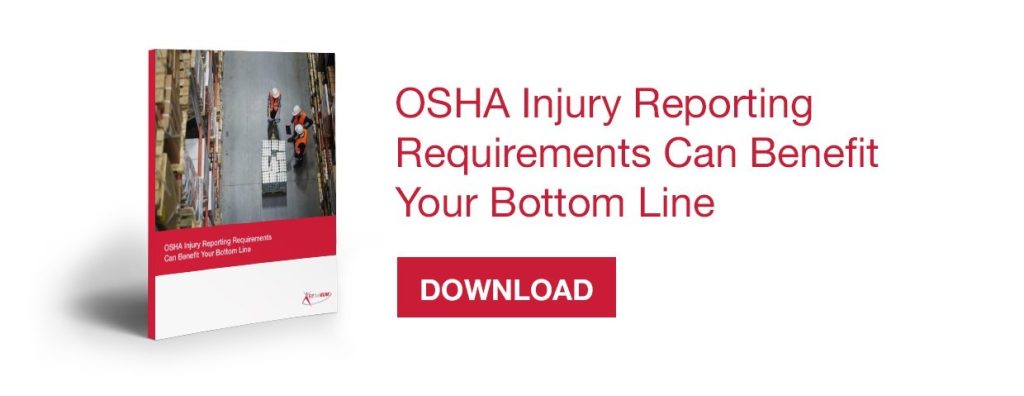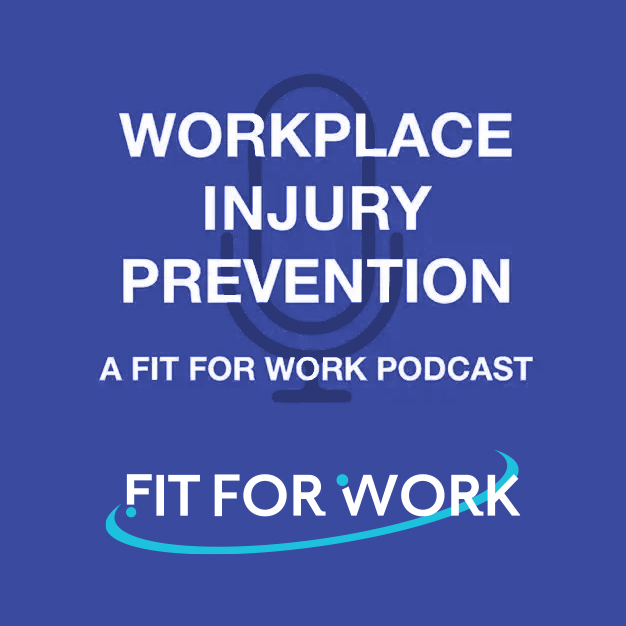OSHA requires that certain high-risk industries report information on injuries and illnesses (from OSHA form 300A). Establishments (single physical locations where a firm does business) with 20-249 employees in high-risk industries are required to send reports to OSHA by March 2, 2019. Check out our eBook “OSHA Injury Reporting Requirements Can Benefit Your Bottom Line” for more details on federal reporting requirements for injuries and illness. 
Industries designated as high-risk include:
Agriculture, forestry, fishing, and hunting
Amusement parks and arcades
Automotive equipment rental and leasing
Automotive parts, accessories, and tire stores
Building material and supplies dealers
Cable and other subscription programming
Charter bus industry
Commercial and industrial machinery and equipment (except automotive and electronic) repair and maintenance
Community care facilities for the elderly
Community food and housing, emergency, and other relief services
Construction
Consumer goods rental
Couriers and express delivery services
Department stores
Direct selling establishments
Dry-cleaning and laundry services
Furniture stores
Gambling industries
General freight trucking
General medical and surgical hospitals
General rental centers
Grocery stores
Home furnishing stores
Home furnishing stores
Interurban and rural bus transportation
Lessors of real estate
Local messengers and local delivery
Manufacturing
Museums, historical sites, and similar institutions
Nursing care services
Other ambulatory health care services
Other general merchandise stores
Other residential care facilities
Other support activities for transportation
Other transit and ground passenger transportation
Performing arts companies
Postal service
Psychiatric and substance abuse hospitals
Remediation and other waste management services
Residential mental retardation, mental health and substance abuse facilities
Rooming and boarding houses
RV (recreational vehicle) parks and recreational camps
Scenic and sightseeing transportation
Scheduled air transportation
School and employee bus transportation
Services to buildings and dwellings
Special food services
Specialized freight trucking
Specialty (except psychiatric and substance abuse) hospitals
Specialty food stores
Spectator sports
Support activities for air transportation
Support activities for rail transportation
Support activities for road transportation
Support activities for water transportation
Taxi and limousine service
Traveler accommodation
Urban transit systems
Used merchandise stores
Utilities
Vending machine operators
Vocational rehabilitation services
Warehousing and storage
Waste collection
Waste treatment and disposal
Wholesale trade





